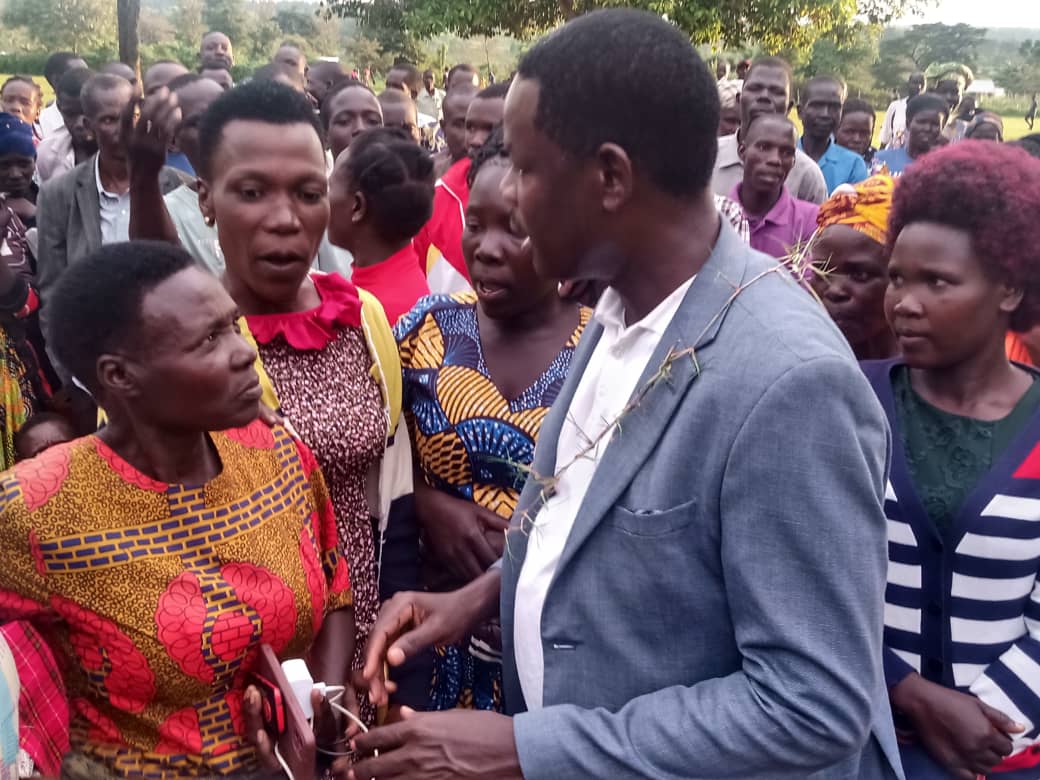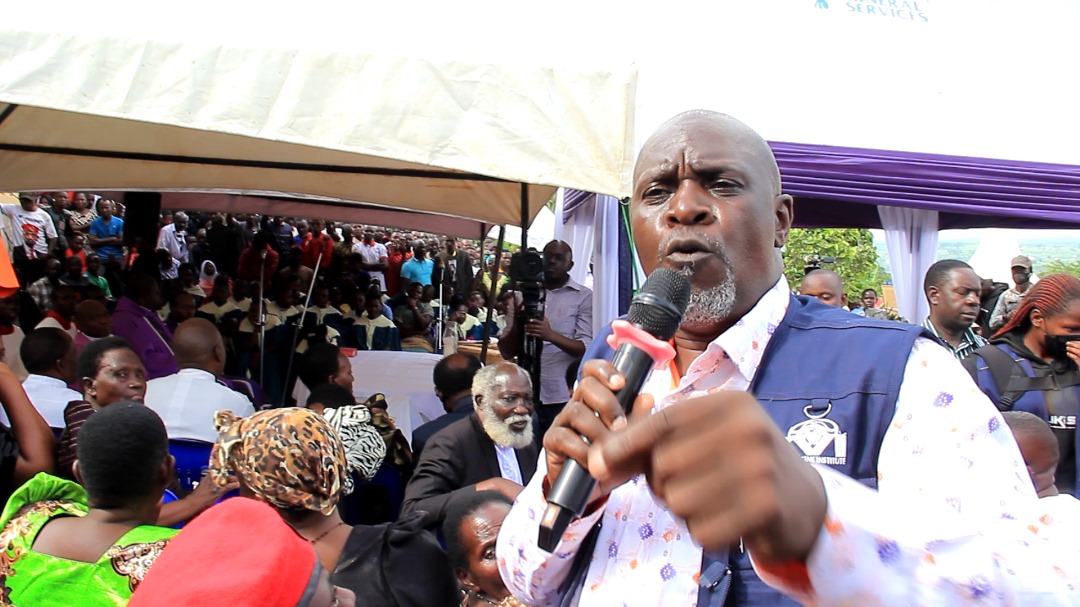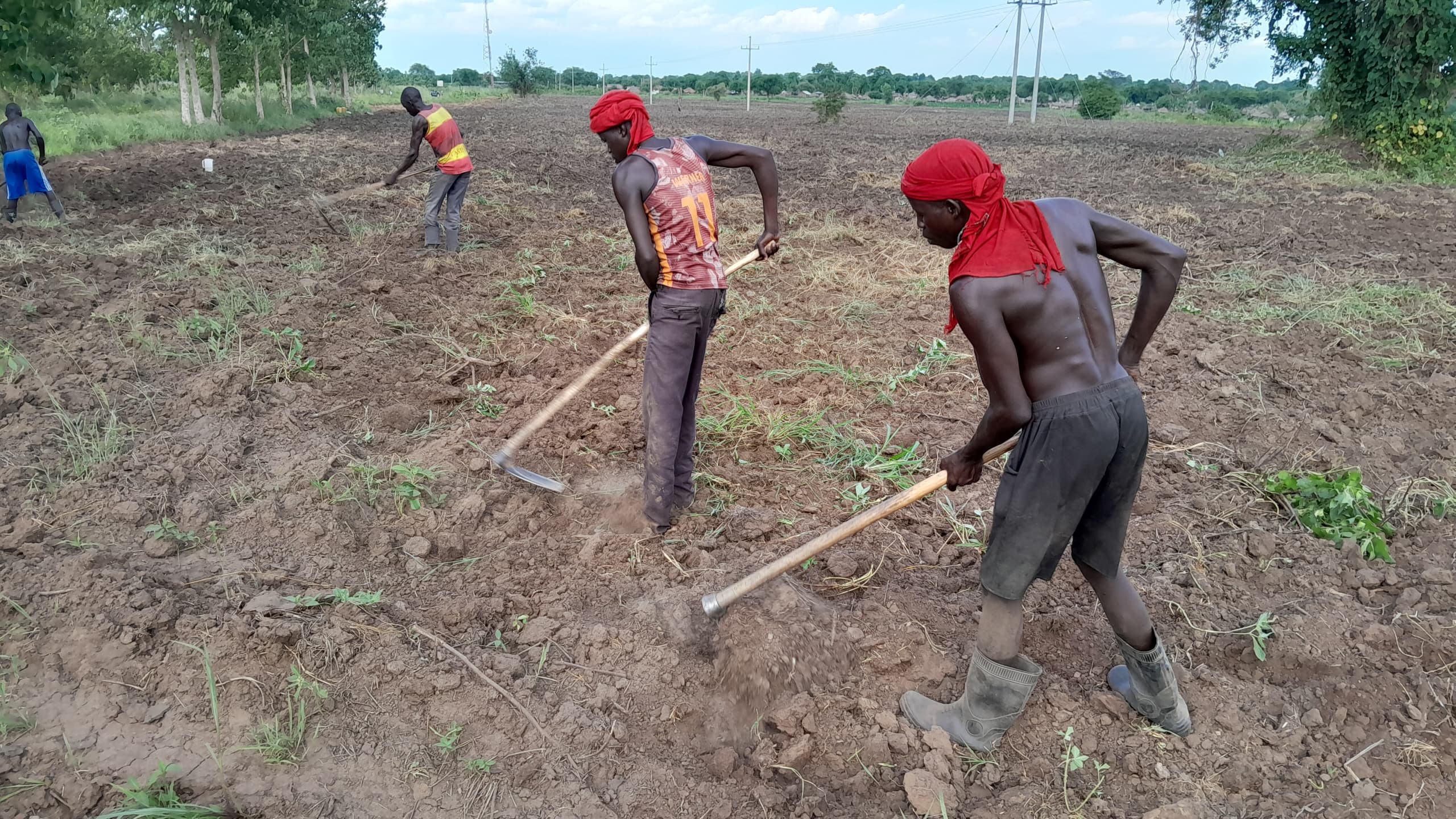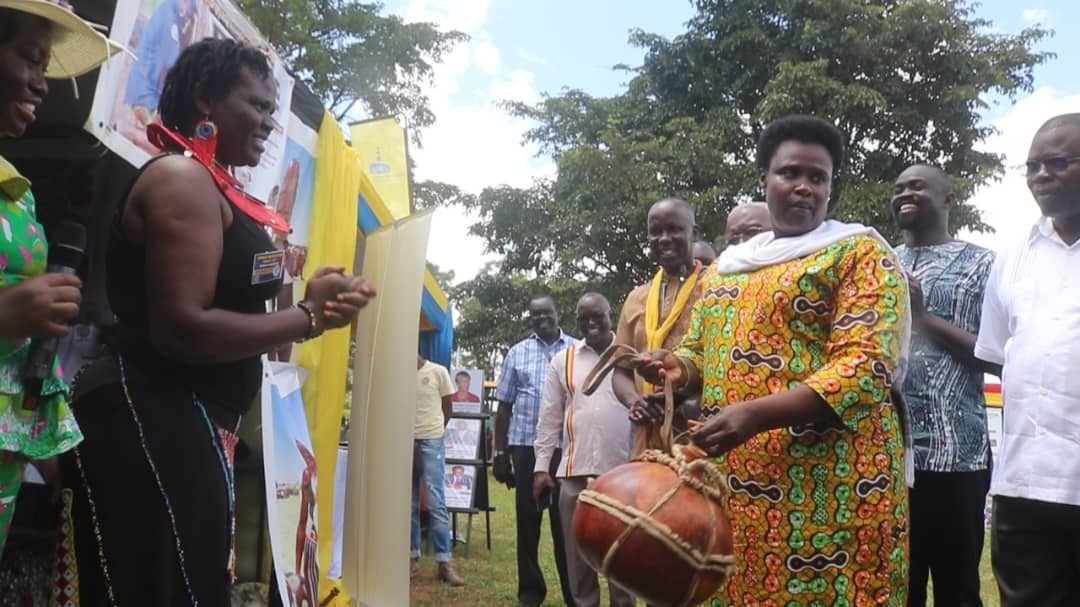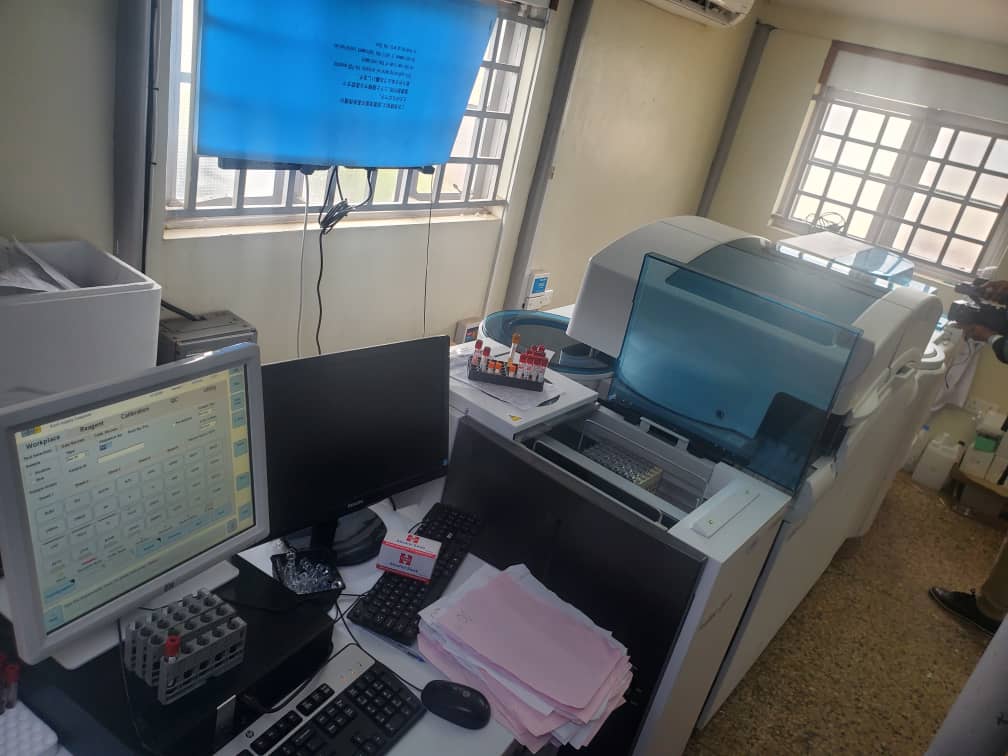Obongi District says no police bond for defilement suspects
The prevalence of defilement cases, child marriages and teenage pregnancies in Obongi District is alarmingly high, with statistics indicating a concerning trend over the past decade.
Frustrated with the rampant cases of defilement in the district, authorities in Obongi have resolved to scrap bond rights for anyone accused of the crime.
This comes in response to the alarming number of defilement cases recorded in the district.
The prevalence of defilement cases, child marriages and teenage pregnancies in Obongi District is alarmingly high, with statistics indicating a concerning trend over the past decade.
According to various stakeholders, this is attributed to a number of factors not limited to lack of sexual and reproductive health information to help girls make healthier choices.
Harmful cultural and religious beliefs that encourage marrying off young girls and discourage discussions about reproductive health and contraception among adolescent, plus the baleful social practices.
Zumula Maneno, woman MP for Obongi, said the district is leading in these cases in Madi sub-region, and that is comes second in the whole of West Nile.
"We have more than 30 percent prevalence of teenage cases," said George Boka, MP for Obongi County.
"A 14-year-old of daughter of my staff was involved with a man. She told me they went to a disco, the man gave her Shs1,000 and that’s how they ended up together.
"When you go to health centres, about 80 percent [of pregnancy cases] are of [girls] below 18 years.
Stakeholders say that parents participate in negotiating settlements or compromises with the perpetrators, asking for monetary compensation, marriage arrangements, or other forms of restitution, prioritising familial or community harmony over seeking justice through formal legal channels.
Parents are conniving to marry off their daughters, girls as young as 10 years in Obongi are sexually active and that is why defilement is on a rise.
"when cases are reported, parents again start negotiating, when they strike a deal, they share the money with some shrewd officers. Thats the end of the case," Boka said.
While speaking at the belated Women’s day celebrations, Samuel Mpimbaza Hashaka, the Resident District Commissioner of Obongi, directed the Police to stop giving bonds to anyone arrested over defilement.
He says that once the perpetrators are bonded out, they disappear to the neighbouring countries.
Samuel Mpimbaza Hashaka, the Obongi resident district commissioner, directed the district police commander not give police bond to anybody who has been arrested for defilement, saying the directive takes immediate effect.
He says that they have resolved to name and shame perpetrators of defilement, teenage pregnancies and early marriages to send a strong deterrent message to others and raise awareness about the prevalence of these issues within communities.
Hashaka said bringing the cases to light will help break the silence surrounding taboo topics.
"Name and shame, should start compiling names of man defiling young girls, we shall be pinning their names in public places and we shall be reading those name on radio during the government hour," he said.
The Obongi leadership is, however, up against the law even as the morality issue they are seeking to address appear to give them a justification.
The right to bail is a fundamental right guaranteed by Article 23 (6) of the 1995 Constitution of the Republic of Uganda.
Its basis is found in Article 28 of the same Constitution, which states that an accused person is to be presumed innocent until they are proved or they plead guilty.
There have been several efforts by both the State and other actors to take away the right to bail from certain suspects, including President Museveni has often argued that certain suspects such as of terrorism, defilement and rape should be denied bail.







